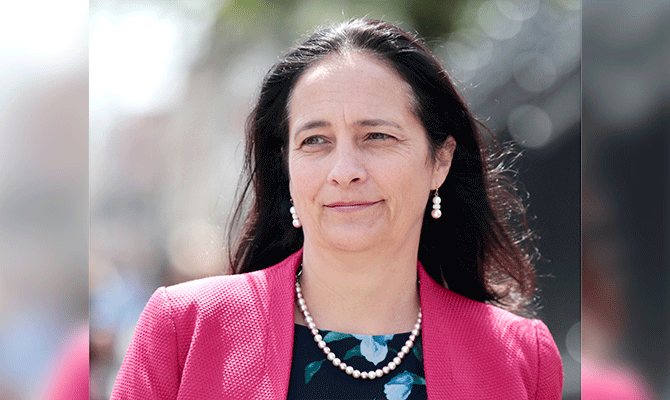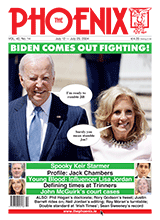
Catherine Martin
RTÉ’s decision to outsource Fair City and The Late Late Show to outside production companies has been greeted with anger by Montrose trade unions who fear, correctly, that it will lead to job losses and lower wages. Both Siptu and the NUJ have announced that they will fight tooth and nail against this, but with RTÉ funding totally dependent on government whim, it’s the Government that is driving the change, not management.
The irony is that all of this is coming about, not because of any public dissatisfaction with RTÉ production, but in the wake of the anger generated by the Tubridy and accounts scandals, high salaries for a selected few, concealed payments and an impression that those at the top were milking the system.
As a result, thousands refused to pay their TV licence, putting increased financial pressure on RTÉ. The Government is still not clear what funding model it will bring in, the rectification of which the government has yet to decide on.
So, RTÉ is being squeezed between its role as a commercial operator and its duties as a public sector broadcaster.
But instead of getting on with the job and giving RTÉ the funding to let it truly be a public service – as TG4 is – the Government is pressuring the station to privatise its production, leaving RTÉ as a publisher not a producer.
As NUJ organiser Séamus Dooley pointed out, outsourcing is normally associated with innovation and bringing in new and fresh ideas, not just handing over cash cows to the private sector.
Media minister Catherine Martin has yet to explain the rationale behind this decision that she has forced on RTÉ, hiding instead behind the fiction that it’s an RTÉ internal decision.
The point is that the company doesn’t have the money to keep its production facilities up to date without a sure source of funding.
Caught between its commercial and public service bases, RTÉ can only look on while the Government argues over whether to keep the licence fee or replace it with direct state funding.
The unions argue that outsourcing will result in job losses – as private companies put profit margins above production quality – and, in reality, will reduce the public service character of the station.
So far Martin has not outlined any vision of what she believes a public service broadcaster would look like. She has just fallen back on the old cure of getting the station to do more with less.



















